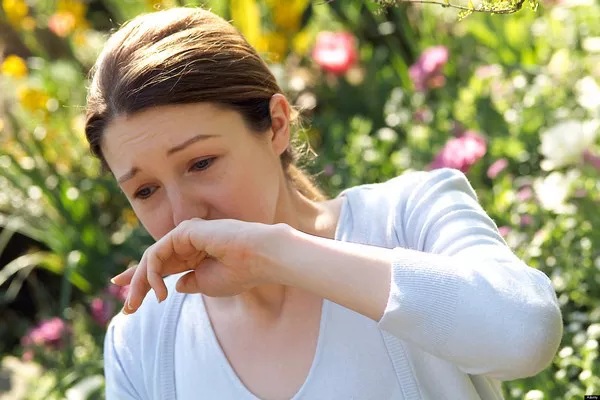Allergy sufferers know that the changing seasons can bring more than just pleasant weather; they can also usher in the dreaded allergy season. If you’ve ever found yourself wondering, “When does the allergy season start?” you’re not alone. In this article, we’ll explore the world of allergy seasons, detailing when they typically begin, the factors that contribute to their timing, and strategies to manage allergy symptoms effectively. By gaining insights into the timing and triggers of allergy seasons, you can take proactive steps to alleviate discomfort and enjoy each season to the fullest.
The Science Behind Allergy Seasons
1. Pollen Culprits
Allergies often result from the body’s immune response to pollen from trees, grasses, and weeds. When these plants release pollen into the air, it can trigger allergic reactions in susceptible individuals.
2. Seasonal Variation
The timing of allergy seasons varies depending on geographic location and climate. Different types of pollen are prevalent during different times of the year, leading to distinct allergy seasons.
Spring Allergy Season
1. Tree Pollen Dominance
Spring is notorious for triggering allergies, primarily due to the release of tree pollen. Trees like oak, birch, and cedar are common culprits that can lead to symptoms such as sneezing, runny nose, and itchy eyes.
2. Start Time
In most regions, the spring allergy season kicks off in late February or early March, peaking in April and May. However, this timeline can vary based on local climate and tree species.
Summer Allergy Season
1. Grass Pollen Prevalence
As spring transitions into summer, grass pollen becomes a prominent allergen. Species like Bermuda, Timothy, and Kentucky bluegrass release pollen that can trigger allergic reactions.
2. Start Time
The summer allergy season typically begins in late May or early June and continues through July. Warm and dry weather can exacerbate grass pollen levels, intensifying allergy symptoms.
Fall Allergy Season
1. Weed Pollen Impact
The fall allergy season is marked by the prevalence of weed pollen. Ragweed, sagebrush, and lamb’s quarters are among the weeds that release pollen, leading to seasonal allergies.
2. Start Time
The fall allergy season usually starts in late August or early September and can extend through October. Ragweed, in particular, is a major contributor to fall allergy symptoms.
Strategies for Managing Allergy Symptoms
1. Monitor Pollen Counts
Stay informed about local pollen counts, which are often reported by meteorological services. Limit outdoor activities on high-pollen days to reduce exposure.
2. Allergy Medications
Over-the-counter and prescription allergy medications can provide relief from symptoms. Antihistamines, decongestants, and nasal corticosteroids are commonly used to manage allergies.
3. Allergen Avoidance
Take steps to minimize exposure to allergens. Keep windows closed during high-pollen seasons, use air purifiers, and consider wearing sunglasses to protect your eyes from pollen.
4. Allergy-Proof Your Home
Regular cleaning can help reduce allergens indoors. Vacuum carpets and upholstery, wash bedding frequently, and consider using allergen-proof covers on mattresses and pillows.
5. Consult a Healthcare Professional
If allergy symptoms persist or significantly impact your quality of life, consult a healthcare professional. Allergy testing can help identify specific triggers, allowing for targeted treatment.
See Also: Pollen Season: Everything You Need To Know
Conclusion
In conclusion, understanding when the allergy season starts is essential for individuals seeking relief from seasonal allergies. The timing of allergy seasons is influenced by various factors, including the types of pollen prevalent in different seasons and geographic regions. By staying informed about pollen counts, taking appropriate medications, and implementing allergen avoidance strategies, you can effectively manage allergy symptoms and enjoy each season more comfortably. If allergies continue to disrupt your well-being, consulting a healthcare professional can provide personalized guidance and solutions to help you navigate allergy seasons with greater ease. Remember that proactive management and knowledge are key to minimizing the impact of allergies and embracing the beauty of every season.


